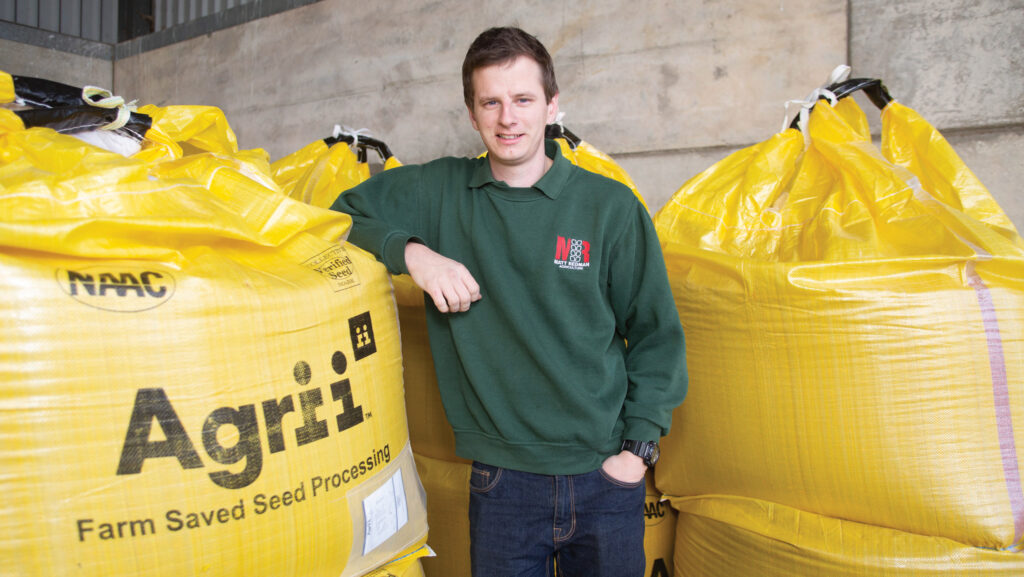Farmer Focus: First muck for straw deal to boost soil health
 Matt Redman © Tim Scrivener
Matt Redman © Tim Scrivener By the time you read this we could have a new government, with the added uncertainty and challenges that brings, although it’s questionable whether a change is a good or bad thing with no party really excelling and standing out as the best option at the moment.
As an industry we need stability to enable confidence to invest in the future, we can’t afford to sit still and wait.
We need to be making changes, learning and pushing business forwards to ensure we are sustainable, competitive and profitable for the long-term.
Without confidence in the future, we are going to see a lot more farm sales as people leave the industry.
See also: What makes the ideal wheat variety for regenerative farming?
June has finally brought some sunshine and heat which has really helped kick spring crops into gear.
Spring wheat has looked fantastic since drilling, but spring barley has sat in cold, wet clay and really struggled.
But it is amazing how much better it looks after a few weeks of warm, dry weather.
Maize has been a challenge on the heavier land this year with forced later drilling and frit fly larvae causing significant damage to one field – redrilling in late June has been a risky decision, but hopefully, the right one.
Winter barley is turning fast and looks like it could be ready to cut mid-July. It has had a full plant growth regulator programme, but is still very tall.
So I’m going to be keen to get it cut and in the shed ASAP to avoid any heavy showers knocking it flat – no going on holiday for a week when it looks like it’s ready!
For the first time, this year I have done a muck for straw agreement to start getting some more organic matter back onto the farm.
Finding suitable places on the farm to stockpile muck ready to spread has proved a challenge as we have lots of small fields, ditches and field drains to avoid.
It also needs to be a suitable location for lorries, as this is by far the most cost-effective way of transporting the muck to the farm.
Let’s hope the election brings a good result for farming, and the weather gods are kind over harvest to allow crops to be gathered in, and next year’s to be established in good conditions.
That’s not too much to ask is it?

